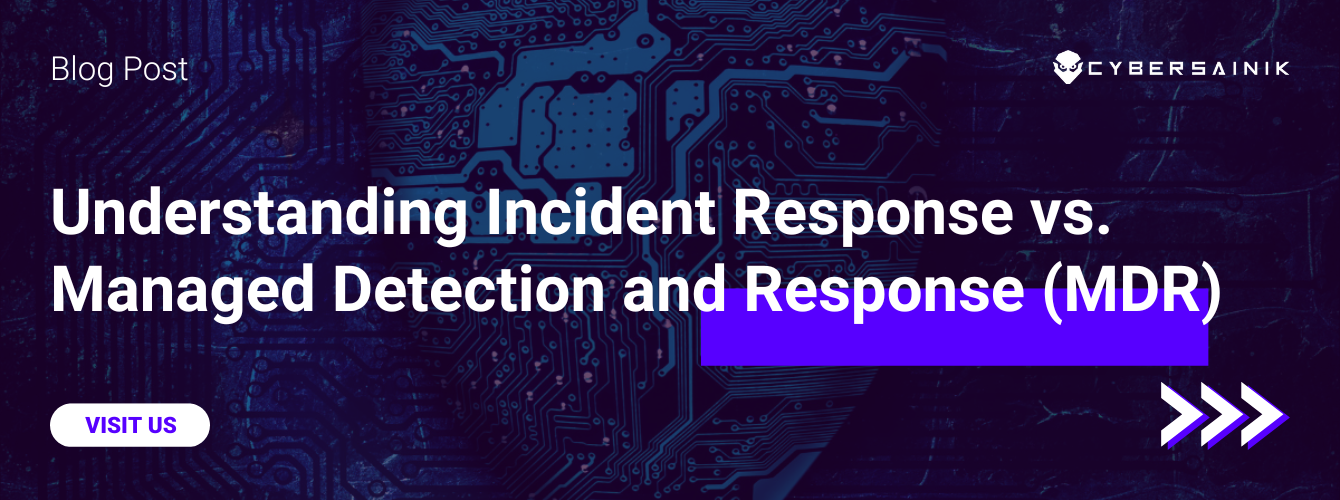According to a recent article Darkreading.com: AtlasVPN, a “freemium” virtual private network (VPN) service under the ownership of NordVPN, boasts over 6 million users worldwide. Despite its growing popularity, the VPN service was found to have a critical flaw that has raised eyebrows in the cybersecurity community.
The Exploit Unveiled
The zero-day vulnerability was exposed by an anonymous security researcher, identified only by their Full Disclosure mailing list username, “icudar.” The vulnerability was discovered on September 1 and promptly shared via the Full Disclosure mailing list (a loosely moderated forum where security researchers disclose vulnerabilities) and Reddit.
However, after notifying the company (AtlasVPN) and receiving no response, icudar made the exploit code discovery public. The exploit, intended for AtlasVPN’s Linux clients allows anyone with ill intentions to disconnect an AtlasVPN user from their private network, effectively exposing their IP address in the process.
The core issue was the absence of proper authentication, specifically when connecting and disconnecting from the AtlasVPN application. Due to these issues, it was discovered that the API on localhost was exposed, specifically on port 8076, without any form of authentication. This port can be accessed by any program running on the user’s computer, including web browsers.
A Deceptive Exploit
Security experts have pointed out that the vulnerability appears to stem from a misjudgment regarding Cross-Origin Resource Sharing (CORS) protection. CORS is a mechanism designed to prevent unauthorized access to resources from other domains. However, in this case, the exploit bypasses CORS by sending a request that does not trigger its protective mechanisms. This allows the attacker to execute a simple command, effectively disabling the VPN and exposing the user’s IP and approximate location.
Implications for VPN Users
This security lapse raises grave concerns for AtlasVPN users. The VPN’s primary function is to shield users’ online activities and protect their sensitive information. However, this vulnerability undermines the trust that users place in VPN services.
To demonstrate the extent of the vulnerability, icudar created malicious JavaScript that could disconnect the VPN and reveal the user’s IP address. This revelation has led to questions about AtlasVPN’s commitment to user safety, with suggestions that the lack of proper security measures may indicate a more significant issue than a mere bug.
As of now, there is no evidence to suggest that this vulnerability has been exploited in real-world attacks. AtlasVPN has responded to the issue, with the head of its IT department pledging to fix the problem promptly. The company plans to notify all Linux client users and release a patch as soon as possible.
Conclusion: A Stark Reminder of VPN Security
The AtlasVPN vulnerability serves as a stark reminder that even VPN services, which users entrust with their digital privacy, can have significant security flaws. It underscores the importance of thorough security assessments and prompt responses to vulnerabilities to maintain the trust of millions of users who rely on VPNs to protect their online activities. As the digital landscape evolves, ensuring robust cybersecurity measures remains paramount.
Strengthening Digital Defenses for the Future
The discovery of this vulnerability in AtlasVPN serves as a wake-up call for both VPN providers and users. It reminds us that, in our increasingly connected world, safeguarding digital privacy is an ongoing battle. Working with Cyber Sainik is a great way to boost security to ensure your data doesn’t fall into the wrong hands. Contact us for more information.




